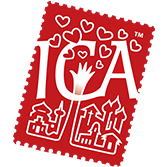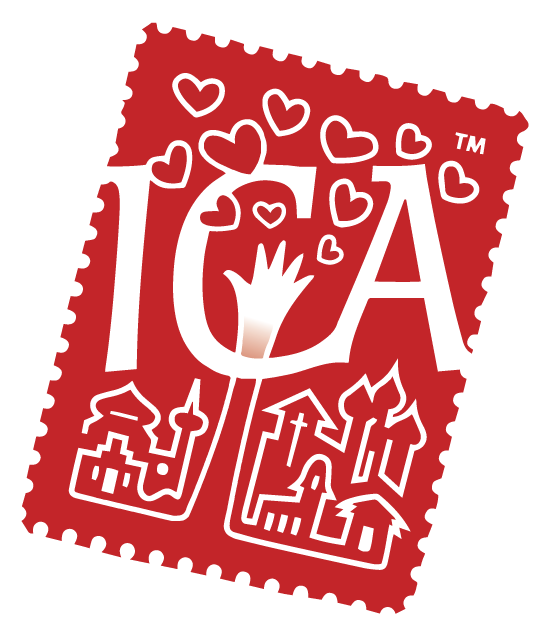ICWA
Indian Child
Adoptions
ICWA
Indian Child
Adoptions
ICA seeks to find Native American
Indian families for native children
in the foster care and
adoption programs.
ICA seeks to find Native American
Indian families for native children
in the foster care and
adoption programs.
ICWA
Indian Child
Adoptions
ICA seeks to find Native American
Indian families for native children
in the foster care and
adoption programs.
What does ICWA mean?
What does ICWA mean?
What does ICWA mean?
ICWA is an opportunity for Native American Indian families to be able to adopt native children in the Foster Care and Adoption programs. You may be a relative or extended “family”. Two types of adoptions can occur: customary or relinquishments and court processing. ICA’s Foster to Adopt ICWA program allows you as a family to provide a foster home for a child from the county system with the intention of adoption later, or in some cases an adoption is planned with a birth mother and birth father who chooses to place their child for adoption. ICA’s preference is always to place a child within the same tribe. Once that is exhausted, ICA will look to families outside the tribe.
ICWA is an opportunity for Native American Indian families to be able to adopt native children in the Foster Care and Adoption programs. You may be a relative or extended “family”. Two types of adoptions can occur: customary or relinquishments and court processing. ICA’s Foster to Adopt ICWA program allows you as a family to provide a foster home for a child from the county system with the intention of adoption later, or in some cases an adoption is planned with a birth mother and birth father who chooses to place their child for adoption. ICA’s preference is always to place a child within the same tribe. Once that is exhausted, ICA will look to families outside the tribe.
It is estimated that 5.2 million people in the U.S. are Native American Indians and Alaskan Natives. We understand those estimates to be those who are registered in federally recognized tribes. So the number is substantially greater. Native American Indian children suffer the highest rate of victimization, alcoholism, suicide and poverty. Out of 1000 kids who enter into California’s foster system, 7.8% are Native American/Alaskan Native. The question which still remains is how many unreported or undeclared cases of Native American Indian children are in the State’s social service systems. We estimate those numbers to be much greater. Per national averages, well over 80% of Native American Indian children are placed in non-native homes.
It is estimated that 5.2 million people in the U.S. are Native American Indians and Alaskan Natives. We understand those estimates to be those who are registered in federally recognized tribes. So the number is substantially greater. Native American Indian children suffer the highest rate of victimization, alcoholism, suicide and poverty. Out of 1000 kids who enter into California’s foster system, 7.8% are Native American/Alaskan Native. The question which still remains is how many unreported or undeclared cases of Native American Indian children are in the State’s social service systems. We estimate those numbers to be much greater. Per national averages, well over 80% of Native American Indian children are placed in non-native homes.
Info Meeting
Ready to start the process and attend your personalized Info Meeting? Schedule your Info Meeting with us!
Advocate
Not sure if you can Foster, but still want to help. Find out how you can advocate.
Donate
If you’re not quite ready to start your Foster Care or Adoption journey and are interested helping alternatively.
Start Your Journey!
ICA has been a Voice of HOPE for children, youth, & and their families worldwide for over 30 years. Let us know how we can assist in raising your Voice of HOPE for those in need.










